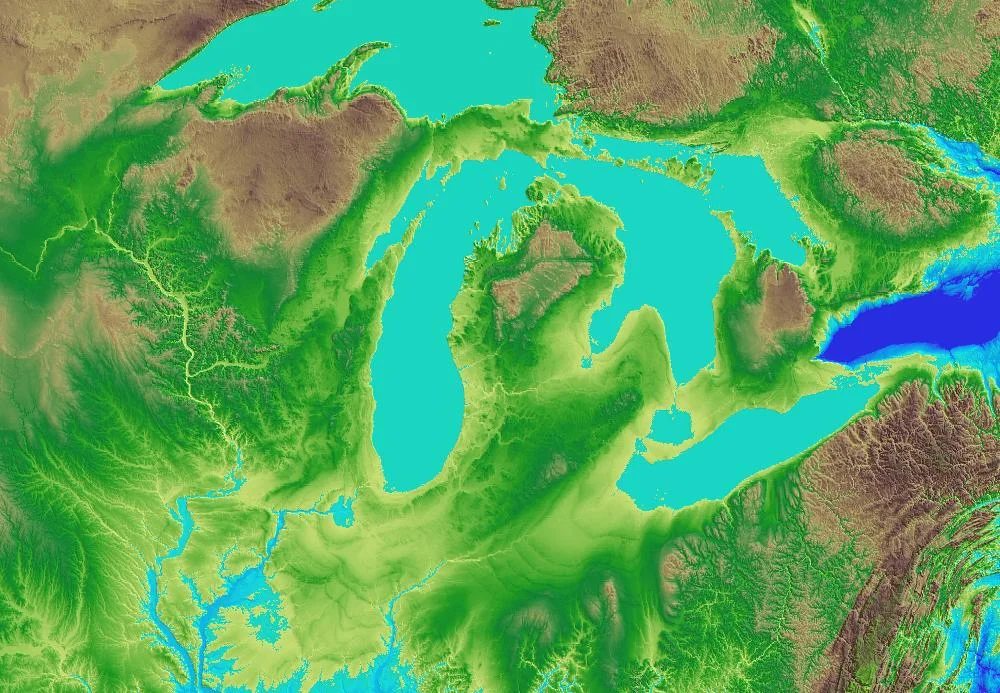We are experiencing the warmest weather patterns recorded in the modern record. Do our grandchildren think it is warmer than usual? Would our grandparents have felt that it was generally colder during their lifetime? Can we quantify their generational experience? An analysis of three overlapping statistical baselines allows comparison of three climatological periods, 1910 to 1970, 1930 to 1990, and 1950 to 2010.
When it rains...it pours
More intense precipitation events are occurring worldwide in both dry and wet climates. What has changed is the overall temperature constraint in the system. When the globe is warmer, there is more energy to work with. More heat - that is, more energy - begets more intense precipitation, and the possibility of more floods and more droughts. The most immediate threats of warming result from the changing risks of extreme weather. Unlike sea level rise which is real but less perceptible, this influence is already upon us and apparent.
Zambia Hydropower at Risk
Zambia is forecast to experience continued severe and increasing loss of electricity generating capacity at least until December 2016, according to ISciences WSIM Electricity Assessment. The WSIM Electricity Assessment is produced monthly and shows current and forecast estimated power losses globally for the next nine months.
Is the Past Decade of Persistent Drought In Brazil a New Normal?
A sixty-year record of extreme weather conditions shows a disturbing pattern of deficit surface water conditions throughout Amazonia.The Water Security Indicators Model (WSIM) developed by ISCIENCES LLC is used to examine average monthly hydrological conditions throughout the basin. An apparent correlation with the emergence of temperature extremes over the same period begs the question whether man-made climate change is the root cause.The literature however points to man-made deforestation as the critical factor, raising concern that "the Amazon is losing the ability to control it's own climate." If true, consequences will have profound impact on the region and the global environment.
Snow Water Equivalent Forecast: Spring snow pack deficits forecast for western Canada, US northern plains, and Western Russia
Large regions of exceptional “snow drought” are reported in the northeast United States, southern Canada, the Italian Alps, and much of Eastern Europe and western Russia, along with large snow surpluses in the western US, Central Russia, and Mongolia. In the first quarter of 2016, much of the snow surplus in the western US is forecast to transition to deficit, and extensive snow deficits are forecast to emerge in western Canada.







